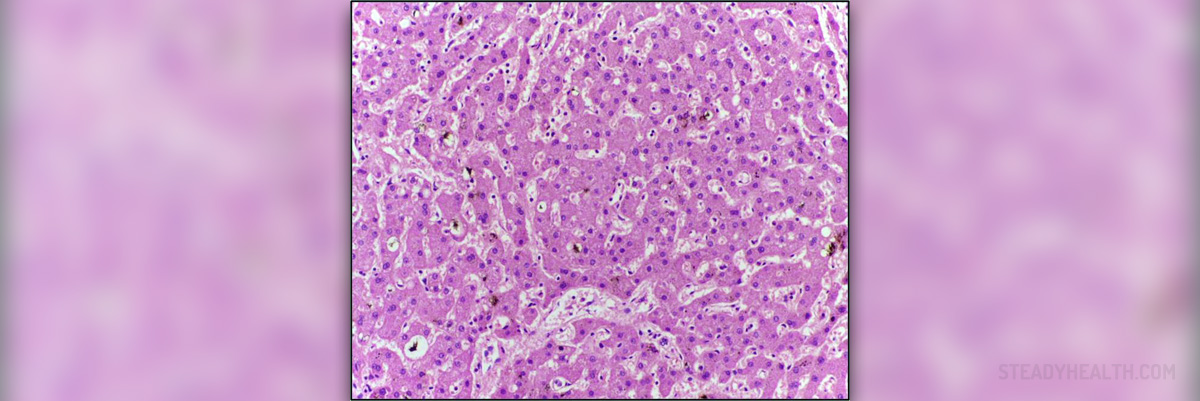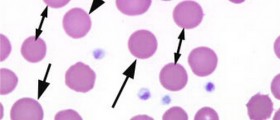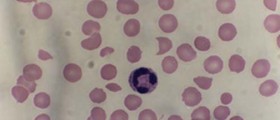
The human blood is made of the red blood cell, white blood cell, platelets and blood plasma. Hemoglobin is a substance that carries the oxygen from the heart through the bloodstream to the different parts of the body. The red blood cells tend to wear out over time and the spleen is the organ that is responsible for the removing of these cells. Furthermore, the hemoglobin from these red blood cells is broken down, but another component of the red blood cells waste is bilirubin.
Bilirubin is a pigment orange yellow in color. It is excreted in the bile or urine after the breakdown of the hemoglobin. The main role of it is to serve as a cellular antioxidant.
Increase in bilirubin levels
Due to many reasons, the level of bilirubin may increase. This increase can be mild, moderate or too high. Mild increase in the levels of bilirubin is usually caused by the genetic disorder of bilirubin metabolism, or when the break down of the red blood cells is increased. The main causes of the moderate increase in the levels of the bilirubin are certain medicines, such as antipsychotic medicines or medicines that contain sex hormones and narrowing of bile duct, as well as chemotherapy.
Causes of high levels of bilirubin
The causes for the occurrence of high bilirubin levels are numerous. When the obstruction in the bile duct is very large, it can lead to the increase in levels of bilirubin. Furthermore, liver cirrhosis and liver failure, as well as each malfunction of the liver can be the cause of this condition. Severe hepatitis is also a potential cause for high bilirubin levels. Moreover, choledocholithiasis, which is a medical term for the condition marked by the presence of the gallstones in the bile duct, is also one of the conditions that may be responsible for the bilirubin increase.
Dublin Johnson Syndrome is a disorder when the levels of bilirubin increase, although the liver enzymes are not elevated. Crigler Najjar syndrome is also considered to cause the rise in the levels of bilirubin. When the levels of bilirubin are high, it represents the symptom of many diseases that are related to the liver.
Symptoms of high levels of bilirubin
The most common warning sign of this condition is the typical yellowing of the skin and whites of the eyes. Furthermore, nausea, vomiting, fever and fatigue, as well as urine of dark amber color and pale stools are also some of the symptoms of high bilirubin levels. The people with this condition may lose appetite and experience abdominal swelling and pain.

















Your thoughts on this
Loading...